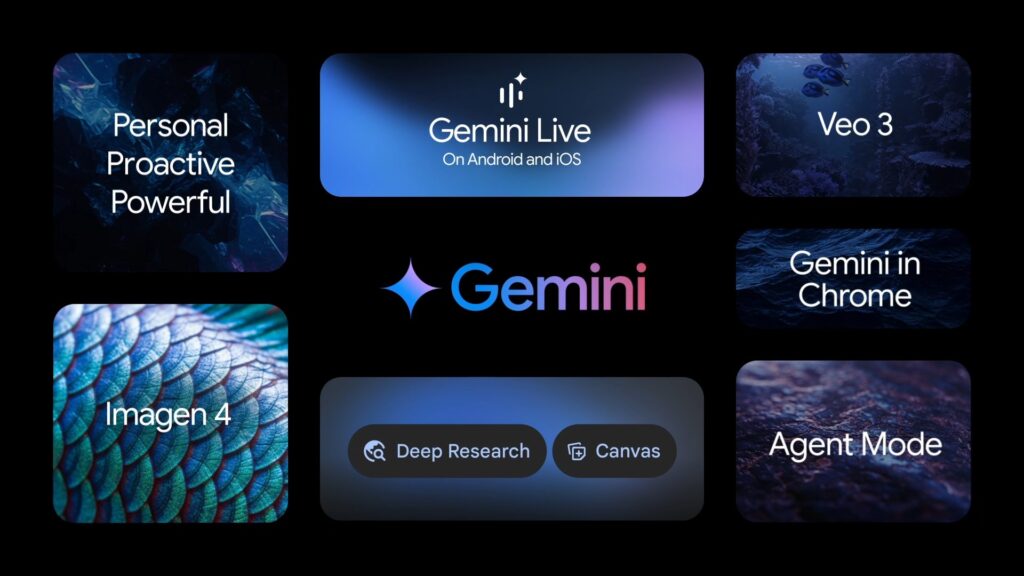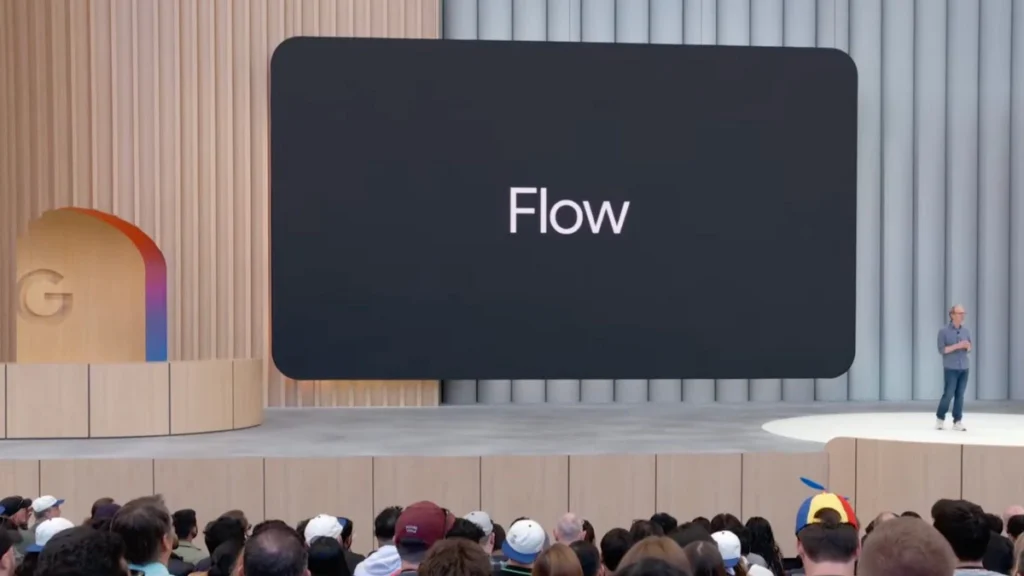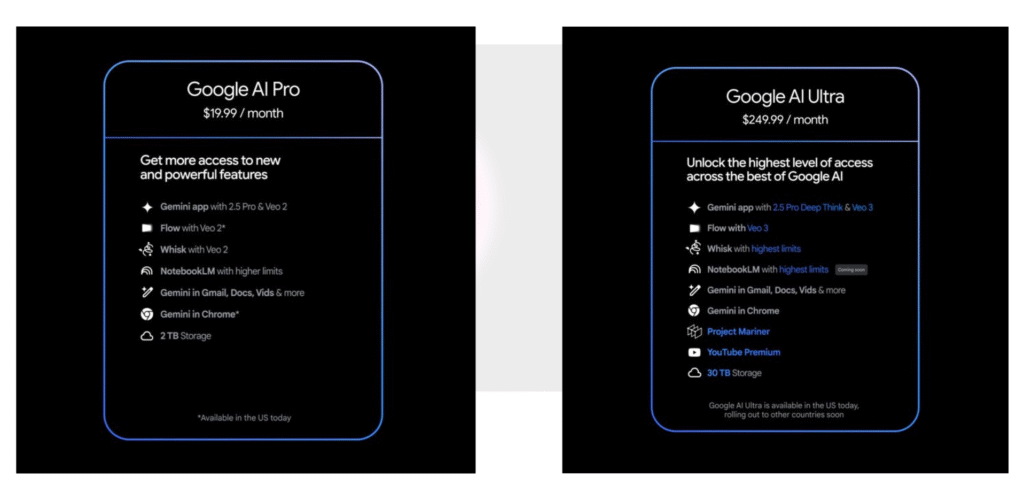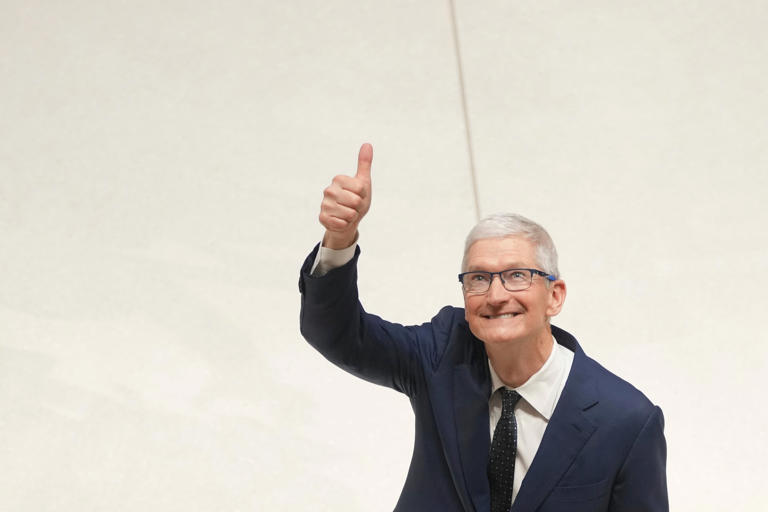On May 20, 2025, Google introduced an AI tool called Google Flow, capable of creating cinematic-quality videos . It is developed through the integration of Veo 3, Imagen 4, and Gemini. Not only that, but it also generates videos based on the prompts you provide.

What is Google Flow?
Google Flow is an AI-driven video creation platform that enables users to generate short, high-quality video clips using text descriptions or visual references. Unveiled at Google I/O 2025, Flow is part of Google’s broader initiative to integrate artificial intelligence into creative tools, making sophisticated video production accessible to a wider audience.

- This video created by Flow
Animate your story in your style with Veo 3. 🖌️
— Google DeepMind (@GoogleDeepMind) May 20, 2025
Here are some of our favorite videos. Sound on. 🔈 https://t.co/5wUMEaqNdD 🧵 pic.twitter.com/vl1R4nZJT4
Features :Text-to-Video Generation: Users can input detailed text prompts to generate 8-second video clips, complete with realistic visuals and synchronized audio.
Scene Builder: An integrated tool that allows users to assemble generated clips into coherent narratives, facilitating the creation of longer videos.
AI Model Integration: Flow leverages Google’s advanced AI models—Veo 3 for video generation, Imagen 4 for image creation, and Gemini for scriptwriting and voiceovers—to deliver a comprehensive video production experience.
Subscription Access: Flow is available through Google’s AI Pro and AI Ultra subscription plans, offering varying levels of access and usage allowances.

How Does Flow Work :- Text to Video = Generate using a text prompt
- Frames to Video = Upload or generate images to use as starting and/or ending frames
- Ingredients to Video = Upload or generate images to use as subject or style references
you can find a quick tutorial here
Who can benefit from it :Google Flow is a high-quality video creation tool designed to be useful for various professionals and creative individuals. It enables users to create cinematic videos from simple visual prompts effortlessly. This tool can benefit many users, including filmmakers and storytellers, content creators and social media influencers, educators and trainers, marketing and advertising professionals, artists and designers, business professionals, corporate trainers, and others.
“Below are some videos created using prompts in the Google Flow tool.”
Say goodbye to the silent era of video generation: Introducing Veo 3 — with native audio generation. 🗣️
— Google (@Google) May 20, 2025
Quality is up from Veo 2, and now you can add dialogue between characters, sound effects and background noise.
Veo 3 is available now in the @GeminiApp for Google AI Ultra… pic.twitter.com/7rcXeBslyU


